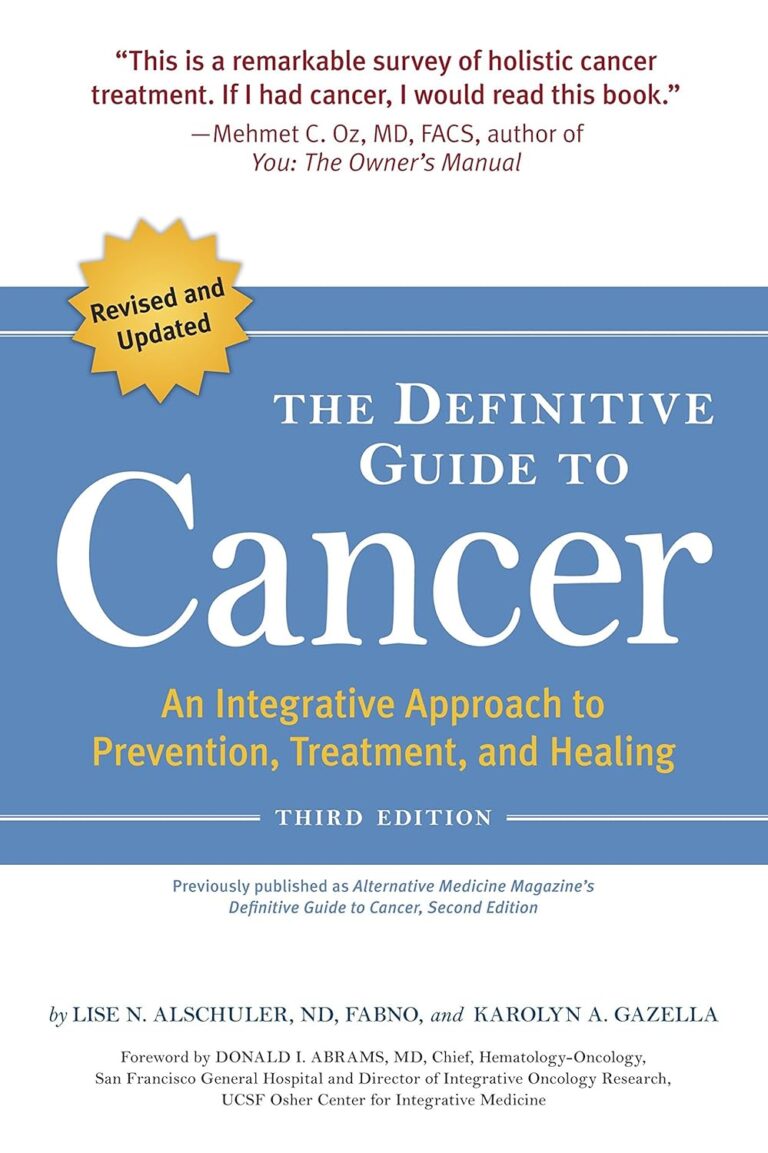Overview
Colorectal adenomas are benign tumors found in the colon and rectum. While they are not cancerous, they are important because they can develop into colorectal cancer if left untreated. Understanding these growths, their risks, and how they are managed is crucial for maintaining colon health.
Key Information
Colorectal adenomas, also known as polyps, are common in adults and are detected during routine screenings like colonoscopies. They vary in size and shape, with some being flat (sessile) and others having a stalk (pedunculated). The risk of an adenoma becoming cancerous increases with its size and the presence of certain cellular changes, known as dysplasia.
Clinical Significance
The detection and removal of colorectal adenomas are vital in preventing colorectal cancer, which is one of the leading causes of cancer-related deaths worldwide. Regular screenings and early intervention can significantly reduce the risk of progression to cancer.
Treatment & Management
The primary treatment for colorectal adenomas is removal, usually performed during a colonoscopy. This procedure is minimally invasive and allows for the complete excision of the polyp. Following removal, regular surveillance is recommended to monitor for new adenomas. Lifestyle changes, such as a healthy diet and regular exercise, can also help reduce the risk of developing new adenomas.
Patient Resources
Patients can access a variety of resources for support and education, including national cancer organizations, online forums, and support groups. These resources provide valuable information on prevention, treatment options, and lifestyle changes that can help manage colorectal health.
Frequently Asked Questions
- What causes colorectal adenomas?
Genetic factors and lifestyle choices, such as diet and smoking, can contribute to the development of adenomas.
- Are colorectal adenomas always cancerous?
No, they are benign but can become cancerous if not treated.
- How often should I be screened for colorectal adenomas?
Screening frequency depends on individual risk factors, but generally, a colonoscopy is recommended every 10 years starting at age 50 for average-risk individuals.

















Comments
Thank you. Comment sent for approval.
Something is wrong, try again later